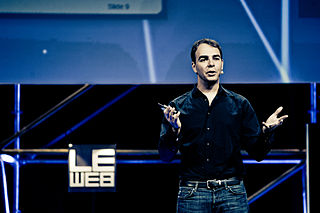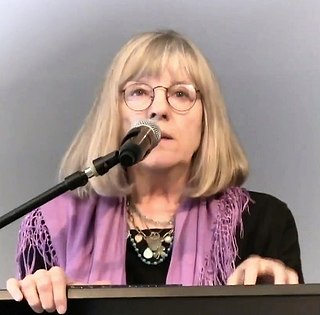A Quote by Lysander Spooner
Legally speaking, there are no such things as 'public rights,' as distinguished from individual rights. Legally speaking, there is no such creature or thing as 'the public.'
Quote Topics
Related Quotes
It's a sick thing, right: people are afraid of public speaking. I do public speaking, except my public speaking involves the audience only having one type of emotion and one type of reaction. If they have anything other than laughter, it's a failure. That's an absurd thing for a human to try to seek. The main thing to realize is that whatever I say, it's my truth and I believe in it, and if I don't get a laugh off that, then it's not working.
Potentially, a government is the most dangerous threat to man's rights; it holds a legal monopoly on the use of physical force against legally disarmed victims. When unlimited and unrestricted by individual rights, a government is man's deadliest enemy. It is not as protection against private actions, but against governmental actions that the Bill of Rights was written.
Since there is no such entity as 'the public,' since the public is merely a number of individuals, the idea that 'the public interest' supersedes private interests and rights can have but one meaning: that the interests and rights of some individuals take precedence over the interests and rights of others.
Happy family: The existence and maintenance of [this] is thought to make a politician fit for public office. According to this theory, the public are less concerned by whether or not they are effectively represented than by the need to be assured that the penises and vaginas of public officials are only used in legally sanctioned circumstances.
Any group or "collective," large or small, is only a number of individuals. A group can have no rights other than the rights of its individual members. In a free society, the "rights" of any group are derived from the rights of its members through their voluntary individual choice and contractual agreement, and are merely the application of these individual rights to a specific undertaking... A group, as such, has no rights.
My main quarrel with liberalism is not that liberalism places great emphasis on individual rights - I believe rights are very important and need to be respected. The issue is whether it is possible to define and justify our rights without taking a stand on the moral and even sometimes religious convictions that citizens bring to public life.



































